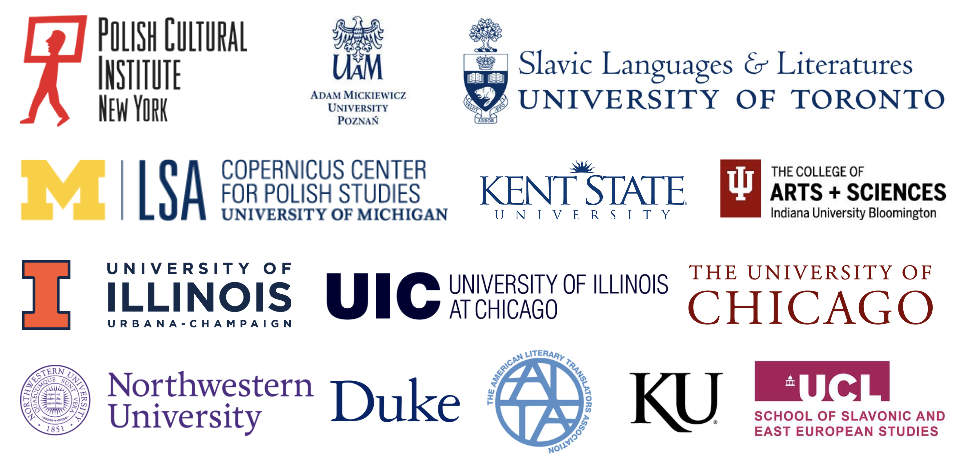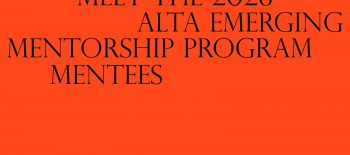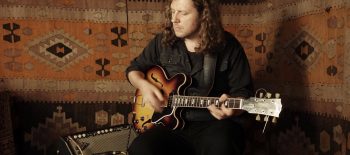S3E8 and all video recordings are available on our YouTube.
Encounters with Polish Literature is a video series for anyone interested in literature and the culture of books and reading. Each month, host David A. Goldfarb will present a new topic in conversation with an expert on that author or book or movement in Polish literature. More about the Encounters with Polish Literature series and the timeline.
Władysław Reymont (1867-1925) came from a family of church organists who were part of the impoverished gentry, and had an unpromising youth after being rejected from the gymnasium (academic high school), having no interest in the family profession, failing to make a career out of his training as a tailor or his passion for the theater, and his own brother begged him to stop writing poetry because it was so terrible. Yet all these experiences made him a great observer of everyday life across different social strata, leading to a life as a journalist, traveler, and novelist, becoming Poland’s second Nobel Prize winner for literature, following Sienkiewicz.
He is perhaps best known for his novel about international capitalism in the industrial city of Łódź in central poland, The Promised Land (1898), which was made into a film directed by Andrzej Wajda in 1975. In this episode, we focus on Anna Zaranko’s new translation of his monumental novel in four volumes, The Peasants, which takes place in the course of one year in the 1880s in a village in the Russian partition of Poland.
It is worth noting that Reymont was severely injured in a railway accident in 1900, and while this slowed down his writing and travel for some time, he received a substantial settlement from the Warsaw-Vienna Railway that gave him economic independence that he did not have when he wrote earlier works like The Promised Land. He could take on a multi-year project that began at least as early as 1901 and continued to the publication of the fourth volume in 1909, without the financial pressure to produce work on a frequent and regular schedule—and he also married his caretaker. He was still writing during the Revolution of 1905 in Russia (which includes Congress Poland), and while class conflict doesn’t break out into revolution in Reymont’s village of Lipce, some of the revolutionary language in the novel may reflect what was happening as he was writing. We can trust, given Reymont’s freedom to write during this period, that The Peasants represents the author’s own ideas and artistic intentions.
In this episode, we look at the question of how to translate a work that makes heavy use of dialect, but not a single dialect of a particular region so much as a dialect that is peculiar to the novel, and how to represent social class in language. We reflect briefly on the author’s life. We discuss the controversial representation of Jews in The Peasants, touching also on The Promised Land. We also ask why translate this novel now, among other interesting questions.
Selected Works by Władysław Reymont in English Translation:
Władysław Reymont. The Comedienne. Tr. Edmund Obecny. Project Gutenberg, 2008.
Władysław Reymont. “Death” and “A Polish Scene” in Selected Polish Tales. Tr. Else C. M. Benecke and Marie Busch. Project Gutenberg, 2005.
Władysław Reymont. The Peasants. Tr. Anna Zaranko. Foreword by Hugh Welchman. Intro. by Ryszard Koziołek. London: Penguin Classics, 2022.
Władysław Reymont. The Promised Land. Tr. M. H. Dziewicki. 2 vols. New York: Knopf, 1927. Volume I. Volume II.
Władysław Reymont. “The Trial” in More Tales by Polish Authors. Tr. Else C. M. Benecke and Marie Busch. Project Gutenberg, 2011.
More on the film, The Peasants, by DK Welchman (Dorota Kobiela) and Hugh Welchman.

Anna Zaranko’s translations include Władysław Reymont’s Chłopi, Kornel Filipowicz’s Memoir of an Anti-Hero, Janusz Korczak’s Warsaw Ghetto Diary, and Jacenty and Katarzyna Dędek’s album Portrait of the Provinces which charts small-town and rural life in twenty-first-century Poland. She has also translated short stories by writers including Leo Lipski, Julia Fiedorczuk and Maciej Płaza, as well as historical texts and literary criticism. She was one of ALTA’s first mentees (in 2015) and twice winner of the Found in Translation Award.
Lead image: Władysław Reymont, Nobel Prize photo, 1924.
Bartek Remisko, Executive Producer
David A. Goldfarb, Host & Producer
Natalia Iyudin, Producer




